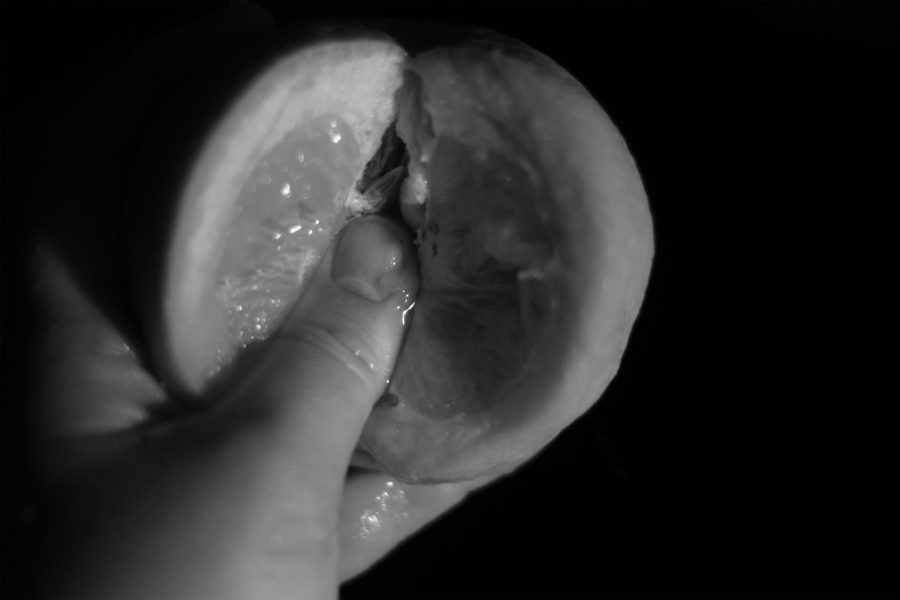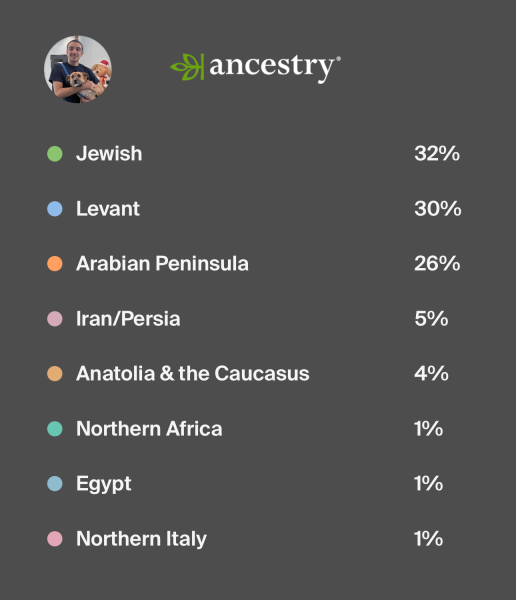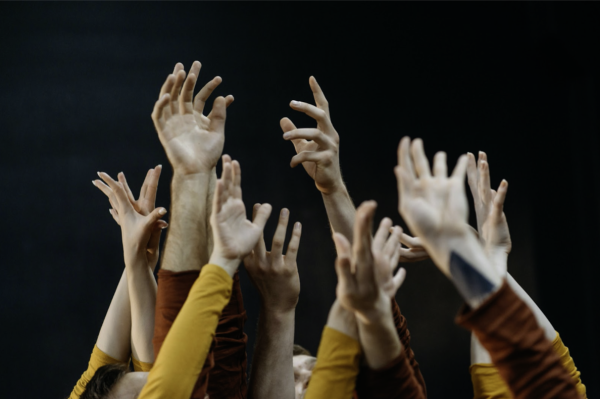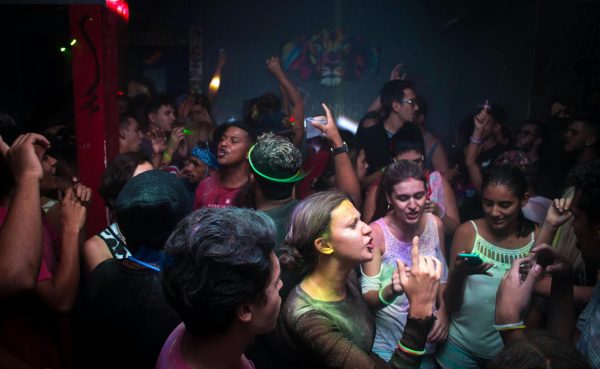WAP, Sex Through the Female Gaze
Photograph by Erin Holve
There has been a lot of conversation and debate surrounding the new song by Cardi B featuring Megan Thee Stallion, “WAP.” There have been arguments that this song represents female empowerment and others who view it as objectification.
Both have valid points. We can ask if it’s truly empowering to make a music video that encapsulates mainstream media’s male gaze, objectification. Or we can debate whether this song should be considered a feminist anthem and what it means to be feminist.
I could write several articles answering these questions, but I think it’s more important to focus and analyze the reactions from society, particularly that of men.
“WAP” is a song that explicitly talks about what women want, desire and demand sexually. The lyrics create pornographic imagery in the listeners mind of a dominant woman in the bedroom. The music video helps with the imagery for those who lack imagination.
This mental and physical imagery has caused a lot of controversy on the internet. YouTube and TikTok are filled with videos of people reacting to WAP for the first time.
I’ve watched a lot of them and I noticed a trend. People are often shocked if not appalled by two women demanding sex and pleasure. Many men can’t handle that they are equal parts turned on and disgusted by sexual desire from the female’s point of view.
This is nothing new for women.
Policing women has a long history and has only grown by criticizing and suppressing women who harness their sexuality and discuss it in vulgar manners. It’s no surprise that cis, straight men feel threatened when women celebrate their sexuality.
Men and society as a whole often see women in two roles, as the virgin or the whore. Women with sexual desires need to be controlled, made virgin-like and docile while those women who express their desires need to be punished.
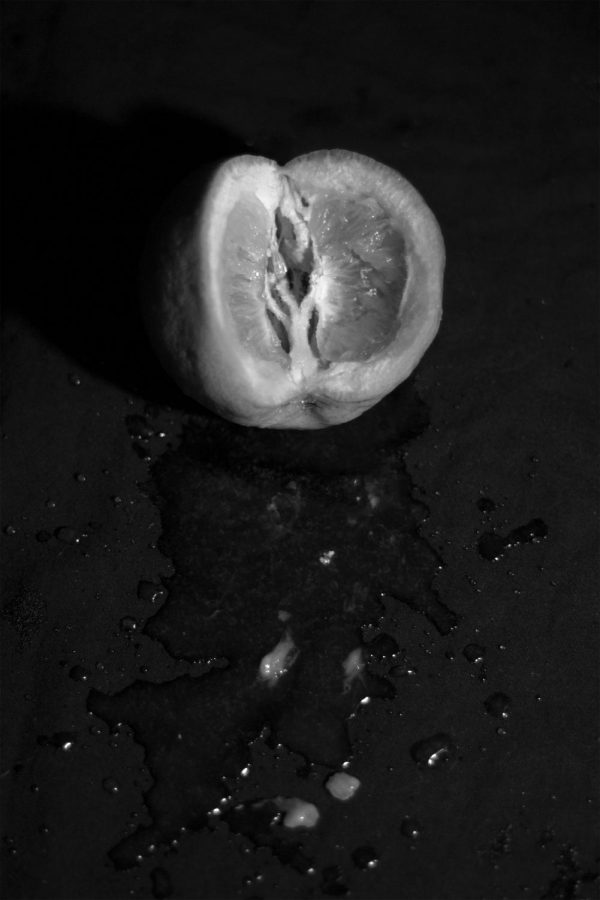
Men on the other hand have sexual freedom. They are allowed to talk and partake in sex as they please. There is music across all genres that contain men speaking frankly about their genitals, sexual prowess and the women they use.
This has become normalized in pop culture. The degradation of women, using misogynistic and violent language. Yet if a woman tries to play by the same rules defined by men, she is seen as a slut, bad role model and labeled as a bad feminist setting women back.
Black women unfortunately take the brunt of this male harassment. They are often oversexualized in animalistic ways for society to either exploit or suppress. Cardi B and Megan Thee Stallion are not the first women to talk about sex in music.
Lady Gaga, Ariana Grande and Madonna are a few that are able to skirt the line of sexual language without being labeled as disgusting and vile by the general public, but rather as empowering.
What’s jarring for men when it comes to WAP is that it’s reversing the traditional gender roles around sex. Cardi B and Megan Thee Stallion are owning their sexuality in a way that is stereotypically a male role.
The root of the criticism toward Cardi B and Megan Thee Stallion lies with the control of women’s bodies. The need to tell women what is and isn’t OK for them to do or say, especially in a sexual manner.
Women are constantly dealing with expectations, rules and stereotypes on how they ought to behave and act in society. That’s why songs like “WAP” are important.
They change the narrative that men have previously established for women. This song won’t instantly change the hierarchy of gender or bring down the patriarchy, but allowing women to express whatever form of sexual freedom and empowerment they chose feels like a step in the right direction.
Cardi B and Megan Thee Stallion didn’t claim this song to be a feminist anthem. They shouldn’t have to carry the weight of feminism on their shoulders. Women can be sexual without it having to be a political or social statement.
Rather, “WAP” allows women to feel sexual in a way that isn’t fully dictated by cis, straight men. A way of deconstructing the male gaze into something feminine.
Erin Holve can be reached at [email protected] or @ErinHolve on Twitter.








